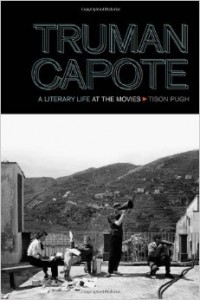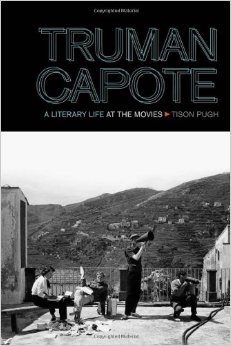 Truman Capote: A Literary Life at the Movies
Truman Capote: A Literary Life at the Movies
by Tison Pugh
Bantam Books. 497 pages, $28.95
Truman Capote attained the kind of fame associated with a movie star or television personality rather than a writer. His familiar TV persona was that of an effeminate, outrageous, and rather bitchy gay man. His ability to achieve such notoriety against the homophobic backdrop of the 1960s and ’70s makes him an important figure in modern gay history, apart from his literary merit. Capote has recently received a mini-revival as a subject of scholarly interest.
The great virtue of Truman Capote: A Literary Life at the Movies is its comprehensiveness. Pugh, a medievalist who also writes on film, details the many cinematic and televised adaptations of Capote’s novels and short stories, several of which have been filmed two or three times.







